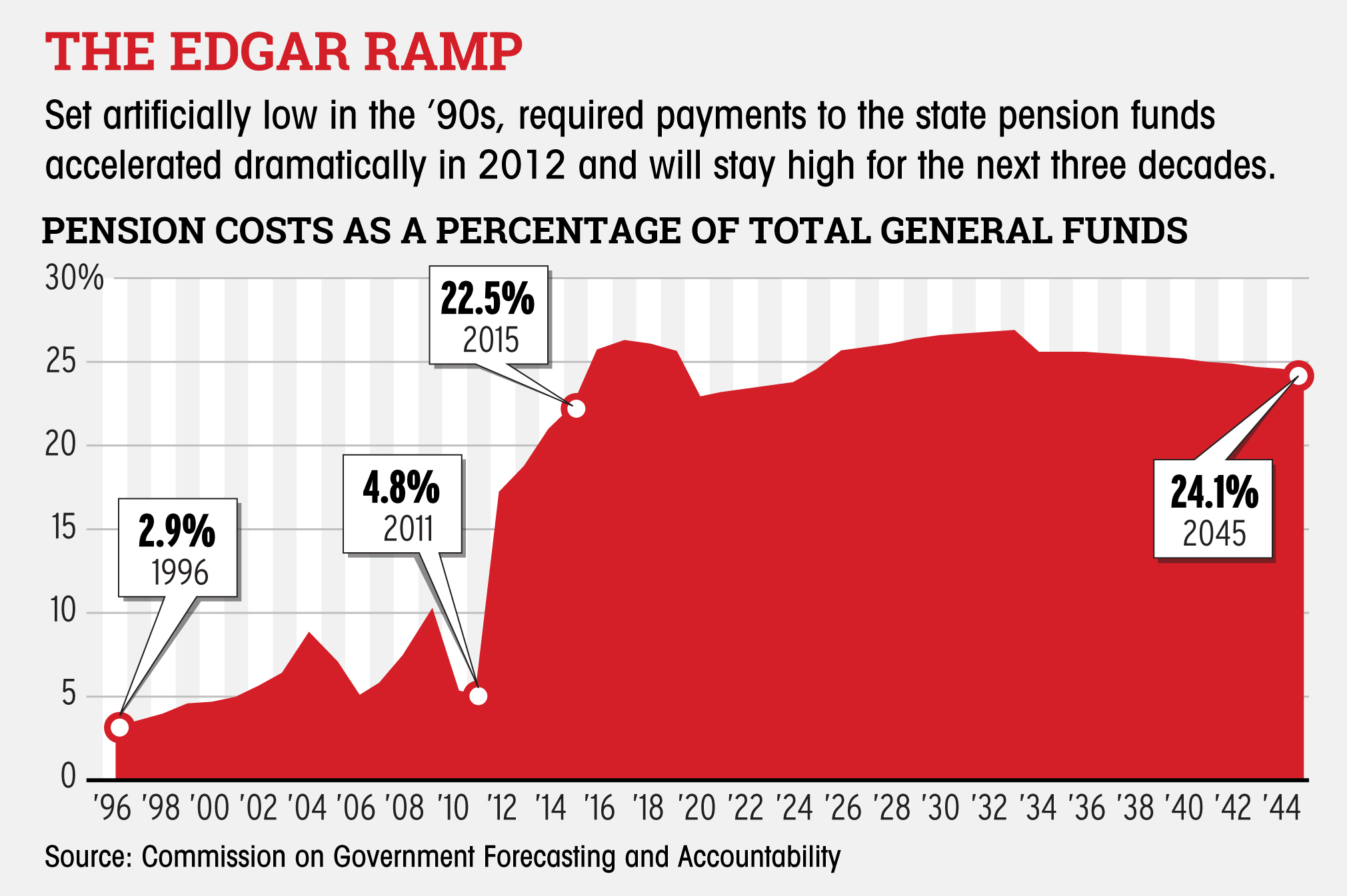State of Illinois Retirement Benefits
Welcome to our comprehensive guide on the state of Illinois retirement benefits. In this article, we will provide you with detailed information about the retirement benefits available to residents of Illinois. Whether you are a current or future retiree, understanding the various retirement programs and benefits offered by the state is crucial for securing a financially stable future.
Illinois State Retirement Systems
Illinois offers several retirement systems, each catering to specific groups of employees. The main retirement systems include:
State Employees Retirement System (SERS)
SERS is the retirement system for state employees, including teachers, university employees, and most state government workers. It provides retirement, disability, and survivor benefits to eligible employees. The benefits are based on a formula that considers factors such as years of service, age, and final average salary.
Teachers’ Retirement System (TRS)
TRS is the retirement system for public school teachers and administrators in Illinois. It offers retirement, disability, and survivor benefits to eligible members. The benefits are calculated based on factors like years of service, age, and final average salary. TRS also provides additional benefits such as health insurance coverage.
State Universities Retirement System (SURS)
SURS is the retirement system for employees of Illinois public universities, community colleges, and certain other educational organizations. It offers retirement, disability, and survivor benefits to eligible members. The benefits are determined based on factors like years of service, age, and final average salary.
Judges’ Retirement System (JRS)
JRS is the retirement system for judges in Illinois. It provides retirement, disability, and survivor benefits to eligible judges. The benefits are calculated based on factors like years of service and age.
Retirement Benefits and Programs
Pension Benefits
Illinois retirement systems offer pension benefits, which provide a steady income stream to retirees. The pension amount is determined based on factors such as years of service, age, and final average salary. Retirees receive monthly pension payments throughout their retirement years.
Health Insurance Coverage
Many of the Illinois retirement systems provide health insurance coverage to retirees. This coverage helps retirees manage their healthcare expenses and ensures they have access to necessary medical services.
Cost-of-Living Adjustments (COLAs)
Some retirement systems in Illinois offer cost-of-living adjustments (COLAs) to help retirees keep up with inflation. COLAs provide periodic increases to pension benefits, ensuring that retirees’ purchasing power is maintained over time.
Deferred Compensation Plans
Illinois offers deferred compensation plans, such as the State Employees’ Deferred Compensation Plan (457 Plan), which allows employees to save for retirement on a tax-deferred basis. These plans enable employees to contribute a portion of their salary to a retirement account, which can grow over time through investment earnings.

In conclusion, understanding the state of Illinois retirement benefits is essential for planning your retirement and ensuring financial security. The various retirement systems and programs offered by the state provide retirees with pension benefits, health insurance coverage, cost-of-living adjustments, and deferred compensation plans. By taking advantage of these benefits, retirees can enjoy a comfortable and financially stable retirement. We hope this article has provided you with valuable insights into the state of Illinois retirement benefits.
Frequently Asked Questions – State of Illinois Retirement Benefits
1. What are the eligibility requirements for retirement benefits in Illinois?
To be eligible for retirement benefits in Illinois, you must have worked for the state government for a minimum number of years, usually 8 to 10 years depending on the specific plan.
2. How is the retirement benefit amount calculated?
The retirement benefit amount is calculated based on various factors including your years of service, average salary, and the specific retirement plan you are enrolled in.
3. Can I retire early and still receive full benefits?
Early retirement options are available, but they may result in a reduction of your retirement benefits. The reduction amount depends on your age and years of service.
4. Are Illinois retirement benefits taxable?
Yes, Illinois retirement benefits are subject to federal income tax. However, they are generally exempt from state income tax.
5. Can I receive retirement benefits if I leave state employment before reaching retirement age?
If you leave state employment before reaching retirement age, you may be eligible for a deferred retirement option, allowing you to receive benefits at a later date.
6. Are survivor benefits provided to the spouse or dependents?
Yes, survivor benefits are provided to the eligible spouse and dependents of a retired state employee. The specific amount and eligibility criteria vary based on the retirement plan.
7. Can I receive retirement benefits if I have not vested in the retirement system?
No, you must be vested in the retirement system to receive retirement benefits. Vested status is typically achieved after completing a certain number of years of service.
8. Can I change my retirement plan option after retirement?
No, once you have retired, you cannot change your retirement plan option. It is important to carefully consider and select the appropriate plan before retiring.
9. Are cost-of-living adjustments (COLAs) provided in retirement benefits?
Yes, cost-of-living adjustments (COLAs) are provided in retirement benefits to help offset the effects of inflation. The amount of the adjustment may vary each year.
10. How can I apply for retirement benefits in Illinois?
To apply for retirement benefits in Illinois, you need to contact the appropriate retirement system or agency and follow their specific application process. They will guide you through the necessary steps.




